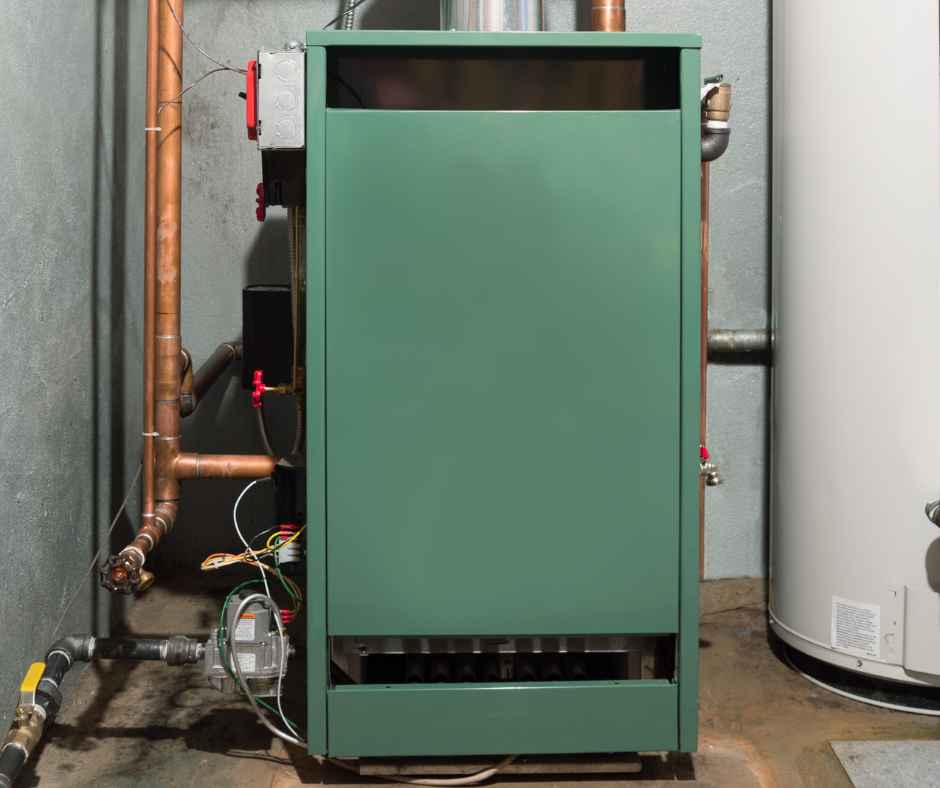Closed: Sun for God + Family time
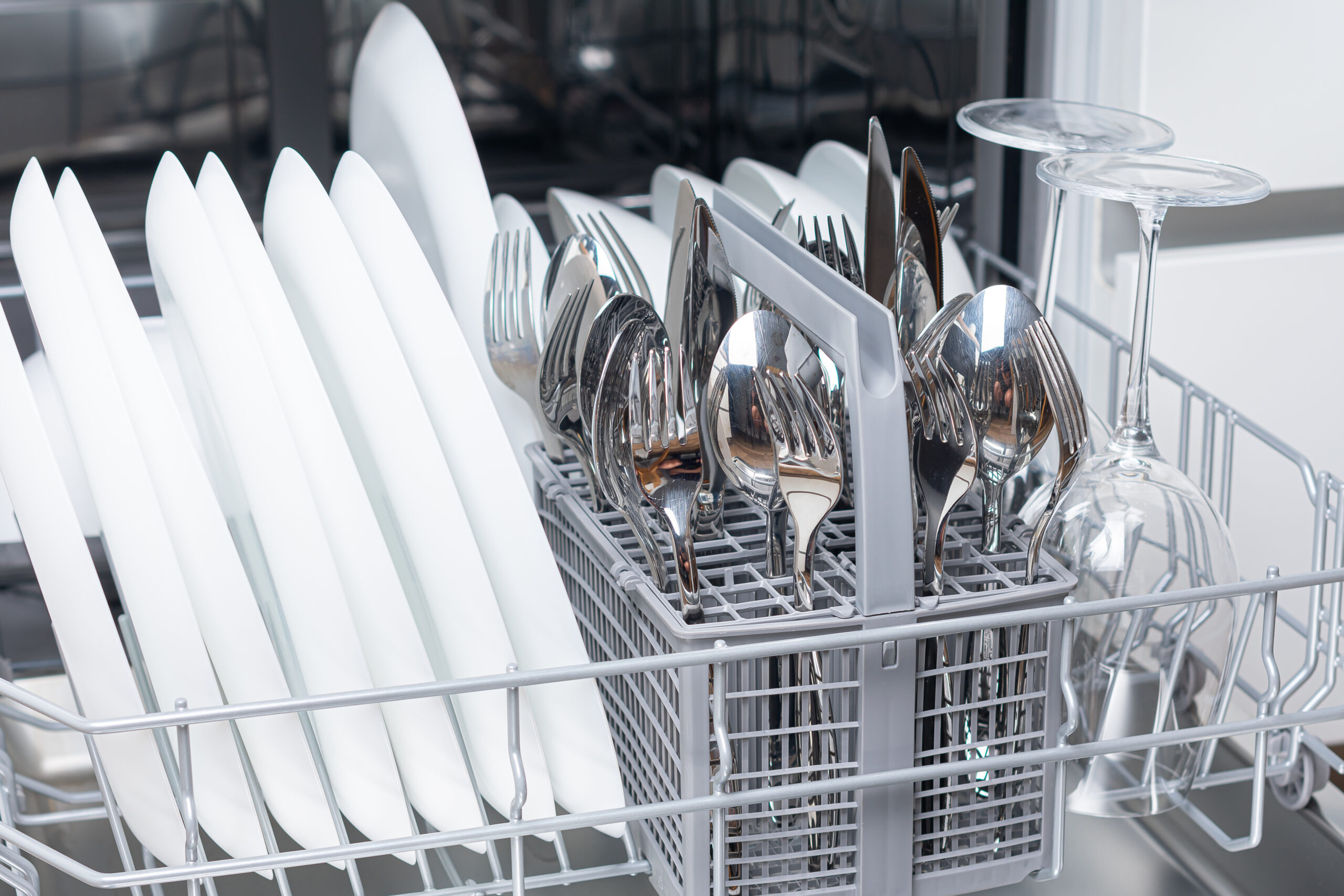
How Do Water Softeners Work and Can They Improve Your Home? | Armor Air
Water is an essential element of life, and the quality of the water we use in our homes has a profound impact on our daily lives. One crucial aspect of water quality is its hardness, a term that refers to the concentration of minerals, primarily calcium and magnesium, dissolved in the water. Hard water is a common issue in many regions, and it can have a variety of negative effects on both your household and personal well-being.
However, there’s a solution to this problem: water softeners. Whether you’re dealing with the nuisance of scale buildup, concerned about the longevity of your appliances, or simply seeking an improvement in the quality of your daily life, understanding water softeners is the key to addressing these issues effectively.
The Differences Between Hard and Soft Water
Water, a universal solvent, readily dissolves minerals as it flows through the ground and into our homes. The presence of certain minerals, particularly calcium and magnesium, in the water determines whether it is classified as hard or soft. Understanding the differences between hard and soft water is crucial for appreciating the significance of water softeners.
Defining Hard and Soft Water
- Hard Water: Hard water is water that contains a high concentration of minerals, especially calcium and magnesium. These minerals enter the water supply as it percolates through mineral-rich rock and soil. When hard water is heated or allowed to evaporate, it can leave behind mineral deposits, often referred to as limescale or mineral scale.
- Soft Water: Soft water, on the other hand, contains a lower concentration of these minerals. It is, in essence, water in its purest form, with fewer impurities. Soft water is typically gentler on your appliances and can make daily tasks more efficient and enjoyable.
Effects of Hard Water
The noticeable effects of hard water can be numerous and impactful, extending to various aspects of your daily life:
- Scale Buildup: As hard water is heated, such as in your water heater or kettle, the minerals in it precipitate and form scale deposits. This scale can accumulate in pipes, appliances, and on fixtures, leading to reduced water flow and decreased efficiency.
- Soap and Detergent Inefficiency: Hard water can hinder the lathering and cleaning abilities of soap and detergents. More product is required to achieve the same level of cleanliness, which can increase household costs and environmental impact.
- Dry Skin and Dull Hair: Washing with hard water can leave a residue on your skin and hair, making them feel dry and brittle. Soap scum can also clog hair follicles, leading to dullness and reduced manageability.
- Stained Dishes and Laundry: Hard water often leaves spots and streaks on glassware and dishes after washing. It can also cause colors to fade in clothing and reduce the longevity of fabrics.
Understanding these differences between hard and soft water sets the stage for exploring how water softeners can provide a solution to the challenges posed by hard water.
Understanding Water Softeners
Water softeners are remarkable devices designed to address the issues associated with hard water and improve the overall quality of the water that flows into your home. They work through a process called ion exchange, which is effective in removing the mineral ions responsible for water hardness, such as calcium and magnesium. To truly appreciate the value of water softeners, it’s important to understand how they function and the different types available.
What Are Water Softeners and How Do They Work?
- Water Softeners Defined: A water softener is a water treatment appliance that aims to reduce the concentration of calcium and magnesium ions in hard water. It does so through a process called ion exchange. In simple terms, it swaps the “hard” minerals in the water for “soft” minerals, typically sodium or potassium.
- Ion Exchange Process: The heart of a water softener is a tank filled with resin beads, which are charged with sodium or potassium ions. As hard water passes through the tank, the calcium and magnesium ions in the water stick to the resin beads, displacing the sodium or potassium ions. This process effectively “softens” the water by removing the troublesome minerals.
Types of Water Softeners
Water softeners come in several varieties, but the two primary types are salt-based and salt-free water softeners. Here’s an overview of each:
- Salt-Based Water Softeners: These are the most common and effective water softeners. They use salt (sodium or potassium chloride) to regenerate the resin beads and remove the collected hardness minerals. While highly efficient, they do require periodic salt refilling and may discharge a small amount of salt brine into the wastewater.
- Salt-Free Water Softeners (Conditioners): Salt-free softeners, also known as water conditioners, don’t actually remove the minerals from the water. Instead, they change the physical structure of the minerals so that they are less likely to form scale. While these systems do not provide the same level of softening as salt-based softeners, they are low-maintenance and do not require salt or produce brine.
The Water Softening Process
The process of water softening involves several key steps:
- Backwashing: Periodically, the water softener reverses the flow of water to flush away the collected minerals and debris from the resin tank.
- Regeneration: In salt-based systems, this stage involves the introduction of a brine solution (salt water) to the resin tank. The high concentration of sodium or potassium ions in the brine displaces the calcium and magnesium ions, regenerating the resin beads.
- Rinsing: After regeneration, the softener rinses the resin bed to ensure that no residual salt or brine is left in the system.
- Service Cycle: Once regeneration is complete, the water softener returns to its regular service cycle, providing softened water to your home.
Benefits of Installing a Water Softener
Installing a water softener in your home can bring about a host of benefits that not only improve your daily life but also offer long-term advantages for both your appliances and your finances.
Improved Appliance Longevity
Hard water can take a toll on your household appliances, leading to a shortened lifespan and frequent maintenance. When you use hard water in appliances like dishwashers, washing machines, and water heaters, the minerals in the water can accumulate as scale.
Over time, this scale buildup can impede the efficiency of these appliances, causing them to work harder and consume more energy. Water softeners help prevent this scale buildup, extending the life of your appliances and reducing the need for repairs or replacements.
Cost Savings
The installation of a water softener can result in significant cost savings over time. Here’s how:
- Reduced Energy Consumption: Appliances, like water heaters, operating with hard water must work harder and use more energy to achieve the same results. With softened water, these appliances operate more efficiently, reducing your energy bills.
- Less Maintenance: When appliances and plumbing systems are protected from scale buildup, you’ll spend less on maintenance and repairs, saving money in the long run.
- Lower Detergent and Soap Usage: Soft water enhances the effectiveness of detergents and soaps. With softened water, you can use less soap and detergent for laundry, cleaning, and personal hygiene, which translates into cost savings.
Health and Comfort
The benefits of soft water extend beyond financial savings. They also have a positive impact on your health and well-being:
- Improved Skin and Hair: Bathing in soft water can leave your skin feeling softer and smoother, as it doesn’t leave behind the mineral residue that hard water does. Soft water can also make your hair shinier and more manageable.
- Reduced Skin Irritation: If you suffer from skin conditions like eczema, using soft water can reduce skin irritation and discomfort.
Cleaner Dishes and Laundry
When you wash dishes and laundry with soft water, you’ll notice several advantages:
- Spotless Dishes: Soft water prevents the formation of spots and streaks on glassware, dishes, and cutlery, leaving them sparkling clean after every wash.
- Brighter and Softer Laundry: Softened water can help your clothes retain their color and texture, extending the life of your garments.
Reduced Scale Buildup
One of the most apparent benefits of water softeners is the elimination of scale buildup in your plumbing and fixtures. This includes faucets, showerheads, and pipes. With less scale, you’ll enjoy better water pressure, reduced maintenance, and a longer-lasting plumbing system.
Environmental Impact
Using less detergent and energy with water softeners not only saves you money but also has a positive environmental impact. Reduced detergent use means fewer chemicals in the water supply, and using less energy helps lower your carbon footprint.
Incorporating a water softener into your home can bring about a noticeable improvement in your daily life, offering advantages that span from cost savings and environmental responsibility to enhanced health and comfort.
Choosing the Right Water Softener
Selecting the right water softener for your home is a crucial step in ensuring you enjoy all the benefits of soft water. Your choice should be informed by several factors, including the hardness of your water, your household size, and your preferences. Here, we will discuss the considerations to keep in mind when choosing a water softener.
Water Hardness Levels
The first and most critical factor in choosing a water softener is understanding the hardness of your water. You can determine water hardness by obtaining a water quality report from your local water supplier or by using a home water test kit. Knowing the hardness level will help you select a water softener that is appropriately sized to meet your needs.
Household Size
The size of your household plays a significant role in choosing the right water softener. Larger households will typically require a larger capacity softener to ensure an adequate supply of softened water for daily use. Conversely, smaller households may benefit from a more compact system.
Professional Installation
Once you’ve chosen the right water softener, it’s crucial to have it professionally installed. While some individuals attempt to install these systems themselves, professional installation ensures that the system functions correctly and is tailored to your specific water quality. Additionally, professional installation often comes with warranties and guarantees, offering peace of mind in case of issues.
Maintenance
Regular maintenance is essential for keeping your water softener functioning optimally. This includes periodic regeneration (for salt-based softeners), cleaning the brine tank, and occasionally checking the resin bed. Many water softener companies offer maintenance packages to help you keep your system in excellent working condition.
Water and Salt Usage
Consider the amount of water your household uses and the frequency of regeneration cycles for salt-based water softeners. Smaller tanks may need more frequent regeneration and salt replenishment, which can affect your water and salt consumption. Be mindful of these factors to avoid unexpected expenses.
—
From cost savings and environmental responsibility to improved health, comfort, and cleanliness, water softeners offer a multitude of advantages. They address the challenges posed by hard water, such as scale buildup, soap inefficiency, and appliance wear and tear, making your life more efficient and enjoyable.
Share This Story, Choose Your Platform!
Recent News
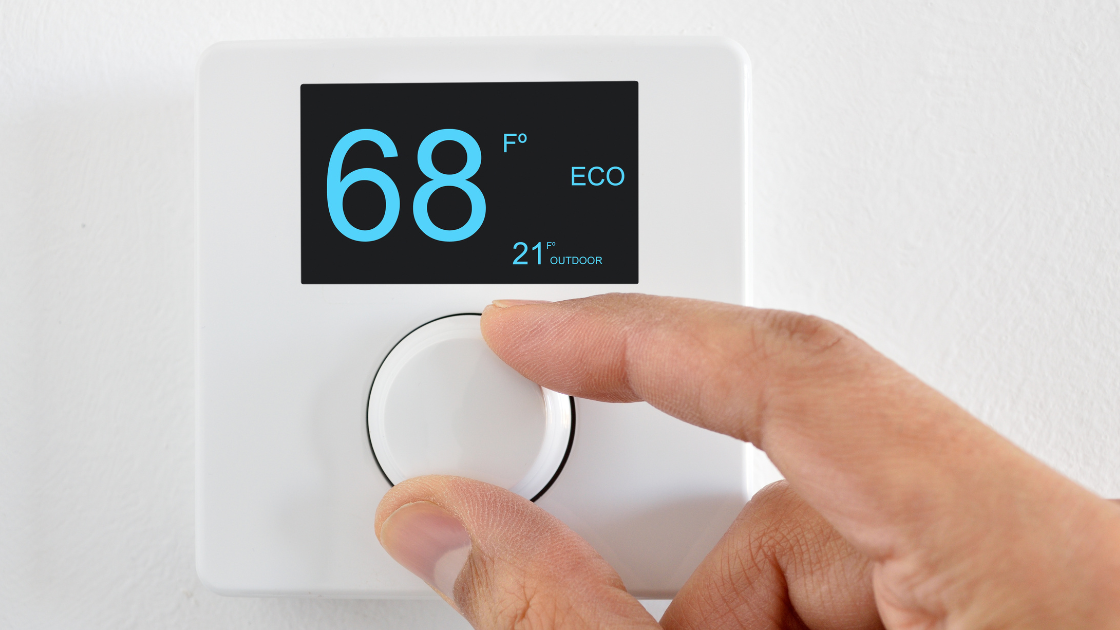
Help! My Heater Won’t Turn Off
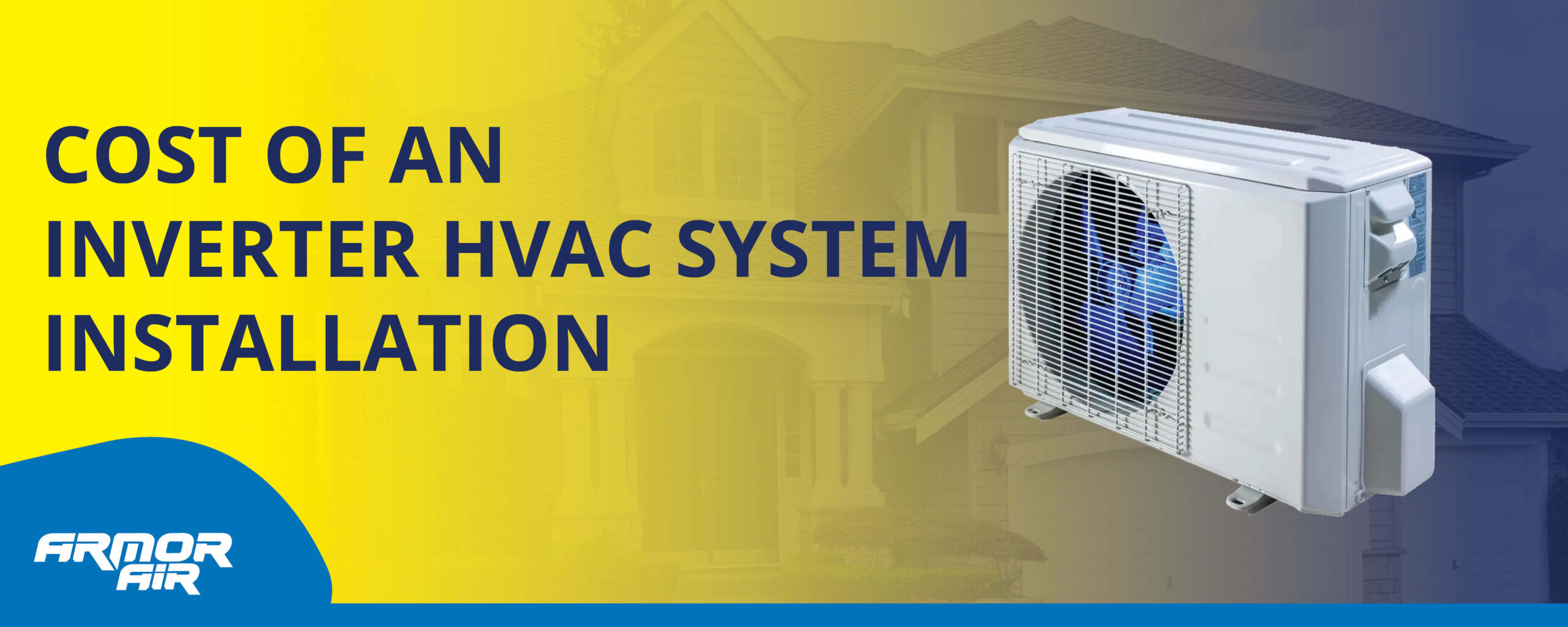
How Much Does an Inverter HVAC System Installation Cost (2025)
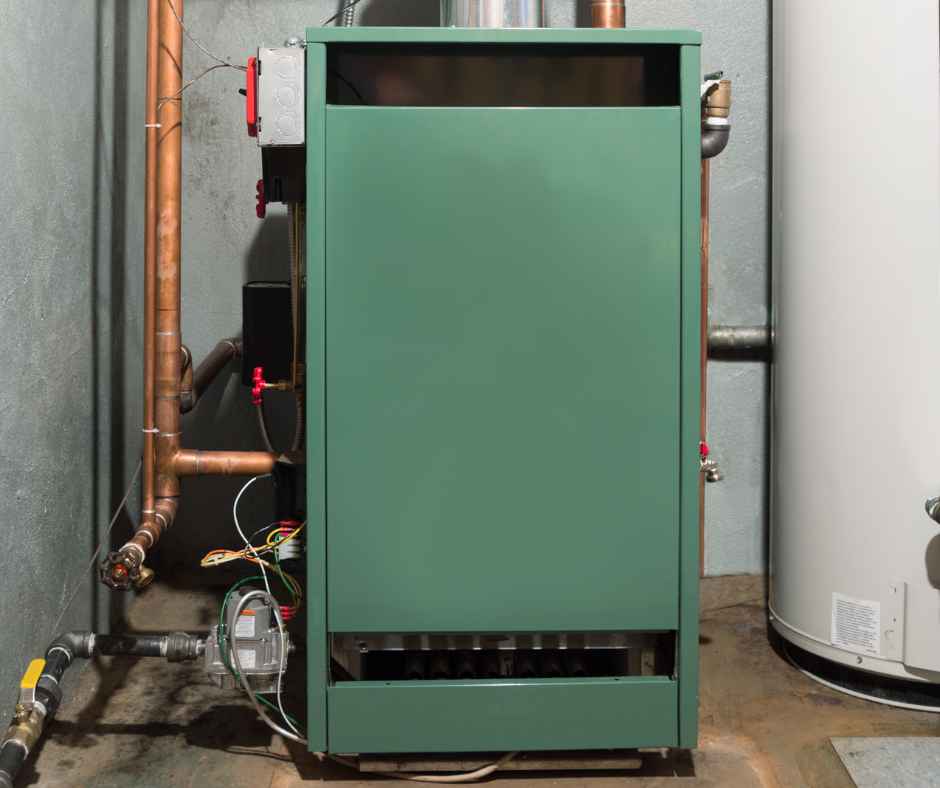
Why Does My Furnace Smell Like It’s Burning?
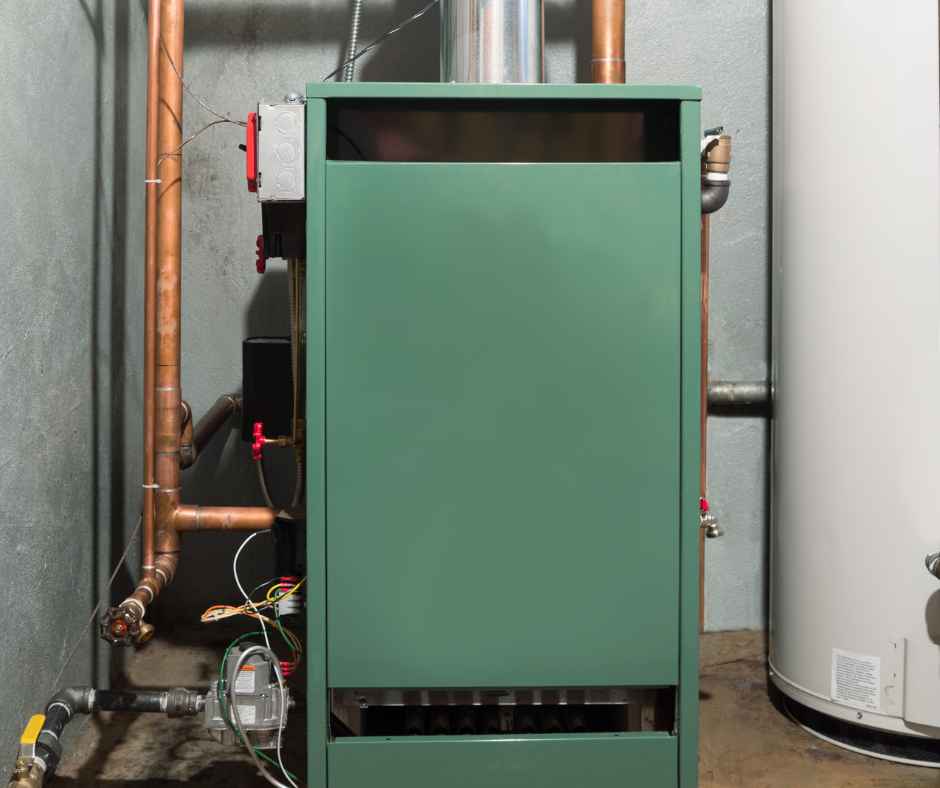
Why Won’t My Heat Turn On?
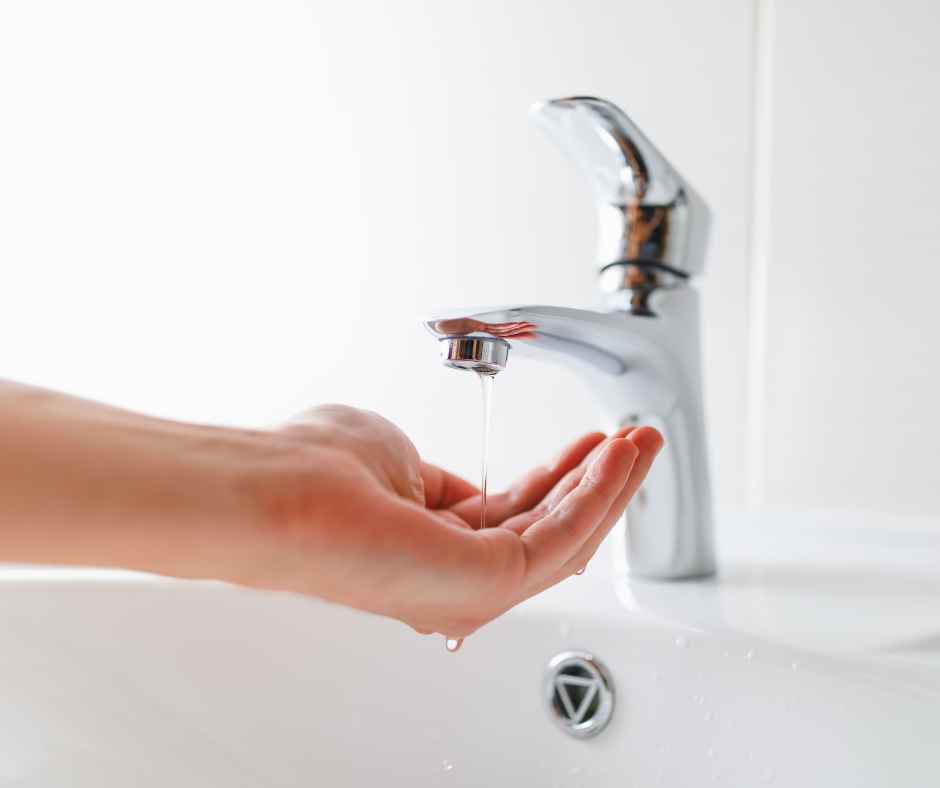
Why is the Water Pressure Low in My House?

Why a Tankless Water Heater Might Be the Best Investment for Your Indianapolis Home?
